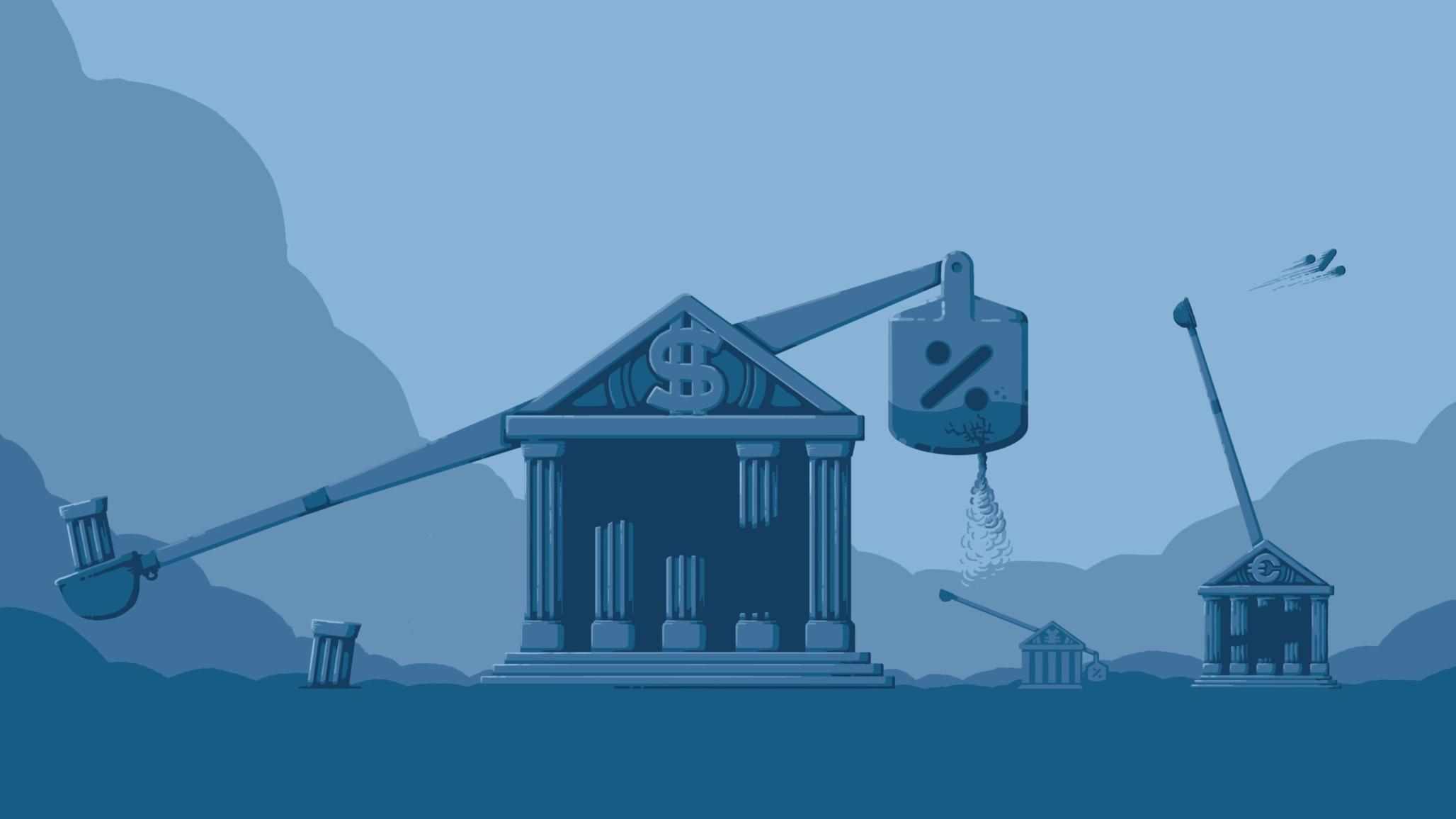Central banks in the three largest advanced economies (the United States, Japan, and the eurozone) have only limited ammunition to fight a recession based on the tools used to date. The Federal Reserve has the most amount of tried and tested ammunition in this group. If a recession were to hit the US economy now, the Fed would be able to deliver monetary stimulus equivalent to a cut in the short-term policy interest rate of about 5 percentage points, which is sufficient to fight a mild but not severe recession. The European Central Bank and the Bank of Japan have little ability to ease policy with tools used to date, about the equivalent of a 1 percentage point cut in the policy rate. But they can engage in more exotic forms of monetary policy, such as large-scale purchases of equity and real estate and direct transfers to households, which the Fed cannot do. These tools, however, are largely untested and face political resistance. An important implication of this analysis is that raising expected inflation before a recession hits has a much larger benefit than has been widely recognized. A higher long-run inflation rate gives central banks more room to not only cut their policy rates but also use forward guidance and quantitative easing to reduce longer-term rates.
Data Disclosure:
The data underlying this analysis are available here.
Related Documents
- Filepb19-18.xlsx (44.36 KB)



